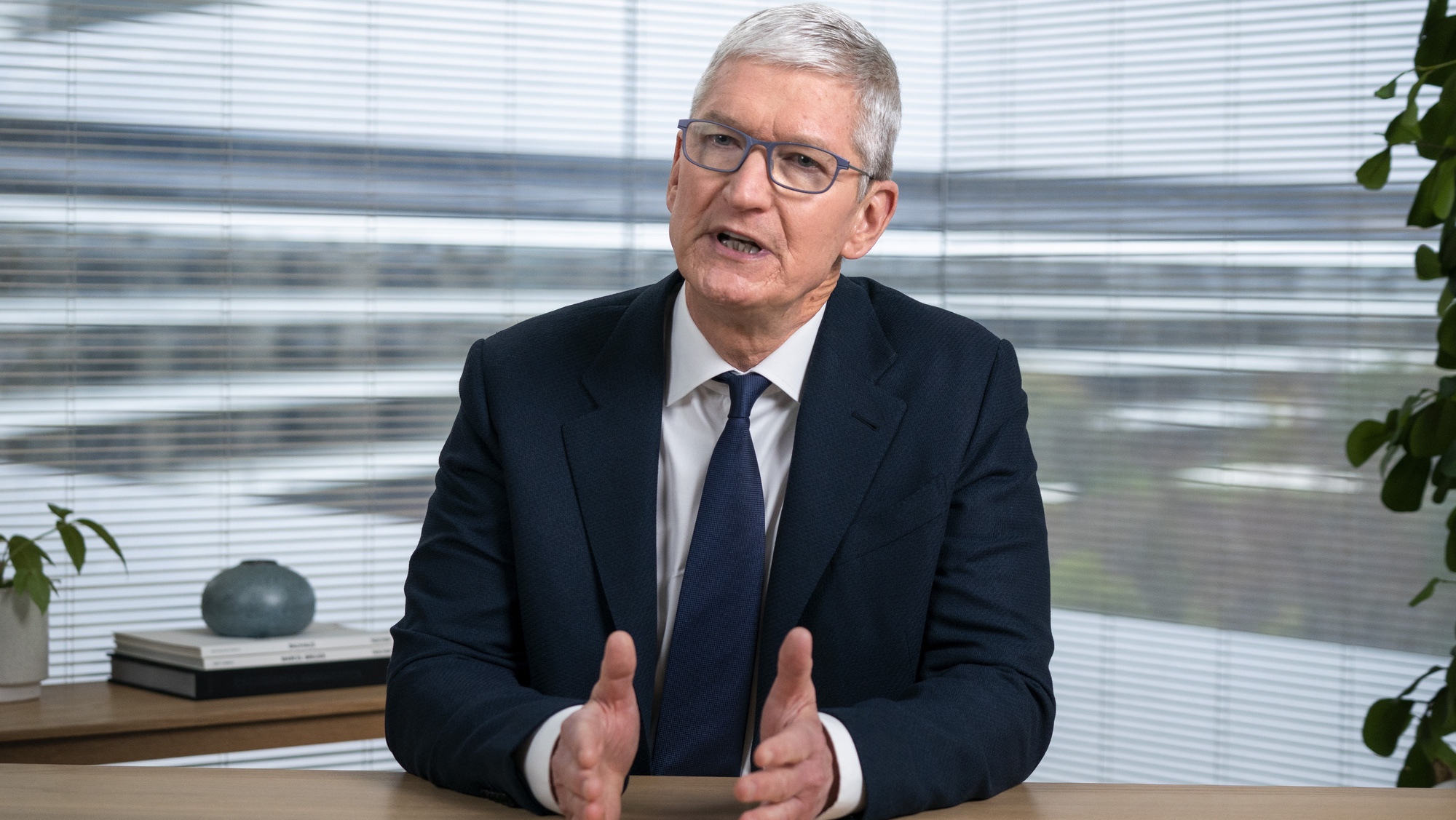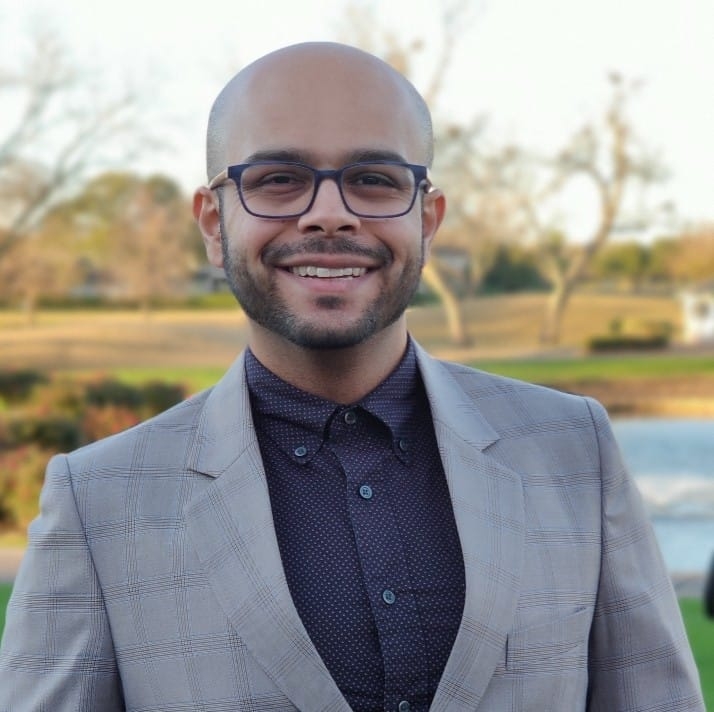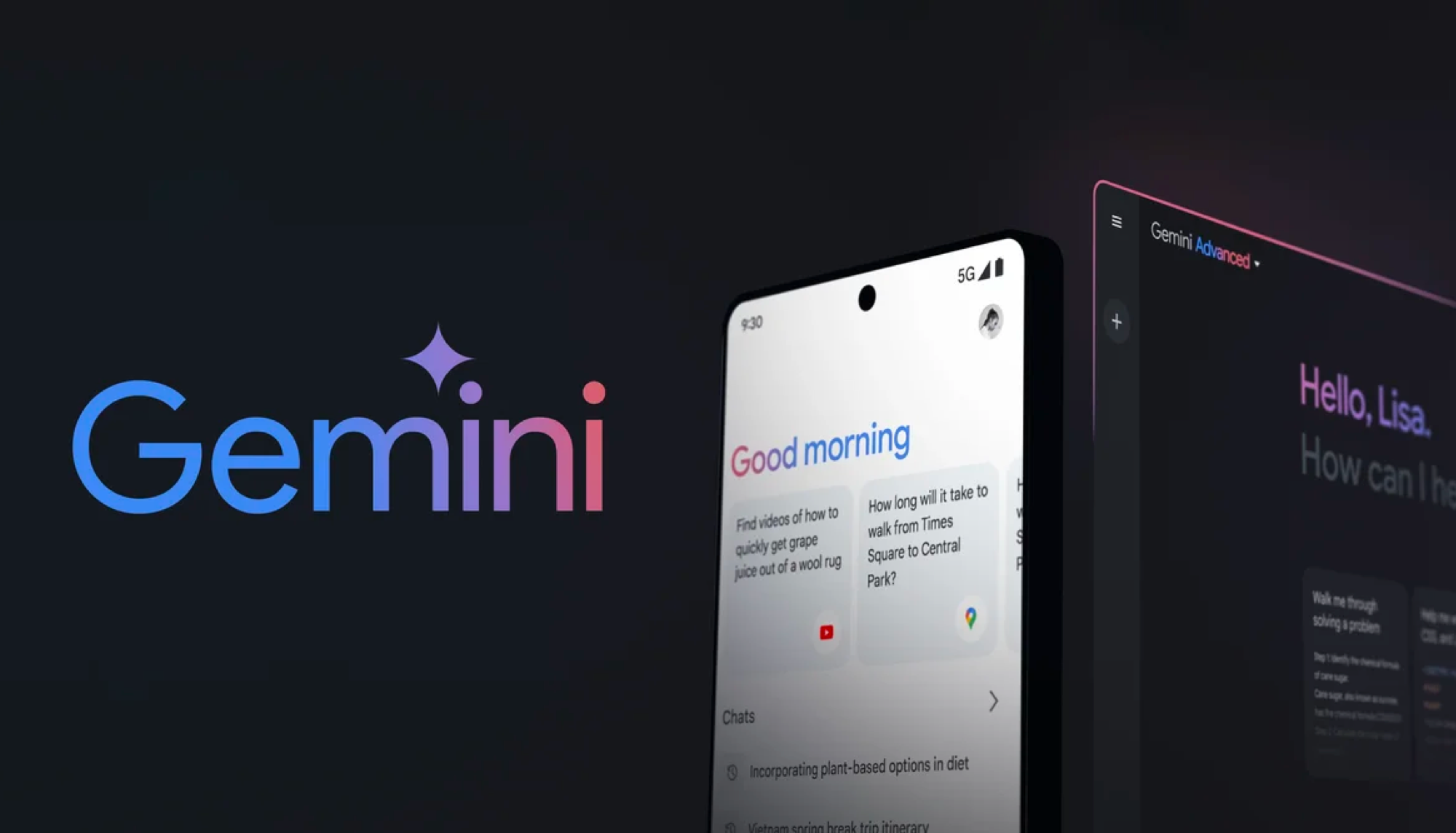
Apple CEO Tim Cook had harsh words for social media companies that aim to maximize engagement, regardless of how deeply it may polarize society.
While speaking at the Computers, Privacy, and Data Protection conference today (Jan. 28), and without naming names, Cook condemned companies like Facebook for prioritizing a societally divisive business model to achieve maximum engagement.
- Here's our iPhone 12 review
- We love the M1 chip, our MacBook Air with M1 review
- Plus: Apple says iPhone 12 can wreak havoc on your pacemaker
"At a moment of rampant disinformation and conspiracy theories juiced by algorithms, we can no longer turn a blind eye to a theory of technology that says all engagement is good engagement — the longer the better — and all with the goal of collecting as much data as possible," Cook said.
"It is long past time to stop pretending that this approach doesn't come with a cost — of polarization, of lost trust and, yes, of violence."
That last bit was likely in regards to the attempted insurrection by supporters of former president Donald Trump on Jan. 6. The coup attempt left five people dead, with two police officers subsequently committing suicide. It also was the final straw for Facebook, Twitter, Snapchat and others, who banned Trump temporarily or outright.
Division sewed through Facebook is far from an American phenomenon. In Myanmar, where phone plans included unlimited use of Facebook, the social network has become the country's de facto internet hub. Because of that, the ruling government was able to spread disinformation, helping justify the genocide of the minority Rohingya population.
Incendiary anti-Muslim content was also shared widely via Facebook in Sri Lanka, which led to deadly violence. And in India, Hindu-nationalist factions have organized privately through Facebook-owned WhatsApp, leading to a vigilante paramilitary army that's exacting violence on the country's minority Muslim population.
Sign up to get the BEST of Tom's Guide direct to your inbox.
Get instant access to breaking news, the hottest reviews, great deals and helpful tips.
Facebook has since ended its Free Basics internet program in developing countries, apologized for the outbreak of violence in Sri Lanka, and has limited the number of forwards that can be sent via WhatsApp and Messenger.
As for Cook's speech, he touted privacy measures Apple had taken, including new App Tracking Transparency, which requires apps to ask permission to track users. The request permissions feature will be implemented in iOS 14.
Cook's speech continues a verbal spat between the Apple CEO and Facebook's Mark Zuckerberg. Yesterday, in an earnings call documented by the Washington Post, the Facebook CEO accused Apple of being anti-competitive while calling it "one of our biggest competitors."
"Apple has every incentive to use their dominant platform position to interfere with how our apps and other apps work, which they regularly do,” Zuckerberg said. “They say they are doing this to help people, but the moves clearly track their competitive interests.”
Because Apple has complete control over its ecosystem, it can ship iPhones with iMessage, subverting user's needs to download apps like WhatsApp. Even here, Zuckerberg dismissed Apple's commitment to privacy, going after iMessage and its lack of encryption.
"Now, Apple recently released so-called nutrition labels which focused largely on metadata that apps collect rather than the privacy and security of people's actual messages, but iMessage stores non-end-to-end encrypted backups of your messages by default unless you disable iCloud," Zuckerberg said.
The anti-competitive accusations come as Facebook too is being accused of predatory behavior. At the moment, the Federal Trade Commission (FTC) along with 46 states have sued Facebook with aims of breaking up the company.
Imad is currently Senior Google and Internet Culture reporter for CNET, but until recently was News Editor at Tom's Guide. Hailing from Texas, Imad started his journalism career in 2013 and has amassed bylines with the New York Times, the Washington Post, ESPN, Wired and Men's Health Magazine, among others. Outside of work, you can find him sitting blankly in front of a Word document trying desperately to write the first pages of a new book.

